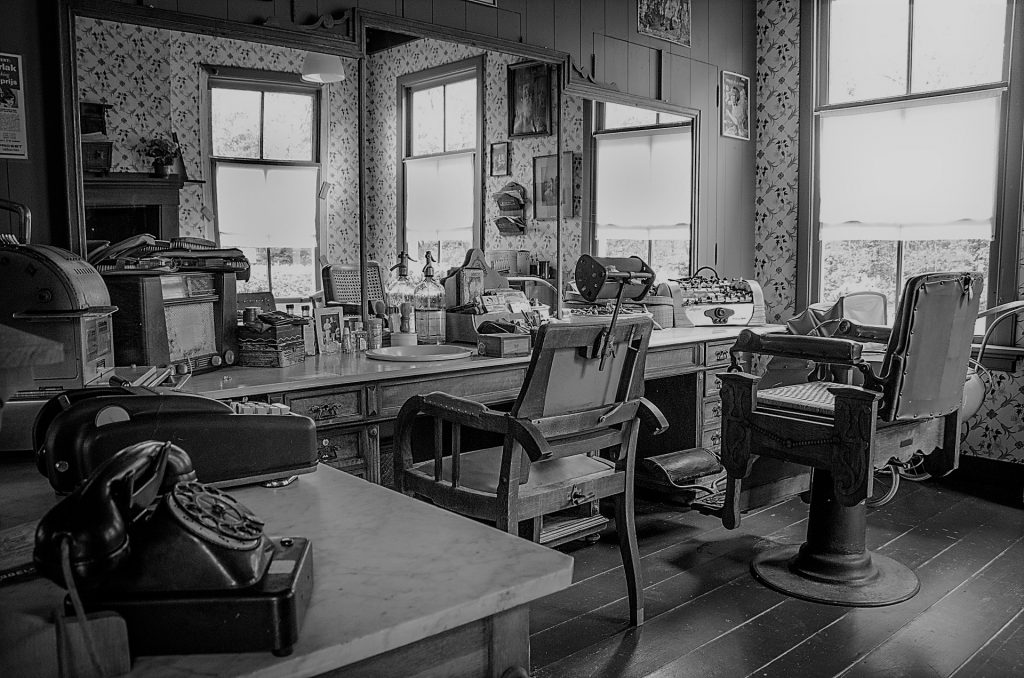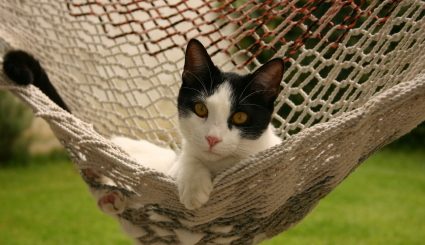…during the Great Depression, people needed haircuts

When I was a teenager, I worked for tips as a shampoo girl in my mother’s beauty salon. I did other things for her like sweeping, answering the phone, and setting up appointments for her clients, but shampooing hair was how I earned money so I could buy books and music. Oh, to be a child again when figuring out how to pay for books and music was so much more important than figuring out how to pay the rent or mortgage during a pandemic!
Anyway, I recently remembered something my mother once told me about her career choice. She said, “I’ll always have a way to make a living. Even during the Great Depression, people needed haircuts.” Her words came back to me as I watched a news story on TV a few weeks ago. A reporter was interviewing a hairstylist whose business had been deemed noncritical and had to close due to COVID-19. As a single mother, the hairstylist worried about how she would make ends meet while she waited to go back to work.
Many of us learned the harsh truth a decade ago during the recession of 2009… that there’s really no such thing as security. I looked it up. The definition of security is “the state of being free from danger or threat.” So that’s what it means, but it’s not something we can actually attain… a state of being where we’re completely free from danger or threat. As Helen Keller wisely pointed out, “Security is mostly a superstition. It does not exist in nature, nor do the children of men as a whole experience it.”
But what do we do with the sobering knowledge that, in spite of our strong desire for it, security is an illusion?
Well, for starters we can realize that we’re not helpless when we find ourselves in circumstances that seem out of our control. We can recognize the personal power that we have and have had all along, and that is the power to choose our responses to those circumstances.
What will you choose?
Here’s a possibility… how about choosing to adapt?
In a 1963 speech, Louisiana State University business professor Leon Megginson, said: “According to Darwin’s Origin of Species, it is not the most intellectual of the species that survives; it is not the strongest that survives; but the species that survives is the one that is able best to adapt and adjust to the changing environment in which it finds itself. Applying this theoretical concept to us as individuals, we can state that the civilization that is able to survive is the one that is able to adapt to the changing physical, social, political, moral, and spiritual environment in which it finds itself.”
This is exactly what many of us are doing. Look around, and you’ll see people and businesses adapting everywhere. Parents homeschooling their children, restaurants cooking for nonprofits like Meals on Wheels, car manufacturers making ventilators, fashion designers sewing masks for healthcare workers, and companies who never imagined they’d let their employees work from home finding ways to make it happen.
Necessity is the mother of invention… and adaptation. One great example is how college students are repurposing materials to mass produce low-cost ventilators. Here’s what they’ve come up with at Rice University for under $300 – https://youtu.be/oLQ5bXakWq8
And some hair stylists are actually adapting too. Check out how barber Joey Turner is finding a way to work through it by giving lessons online – https://youtu.be/SwLjkP35qMU
Yes, there are challenges. For some of us, it’s worse than for others. But this crisis will pass, and when it does, we’ll look around and realize that we’re living in a changed physical, social, political, moral, and spiritual environment. People will still need haircuts, it’s true. And yet we will have learned a great deal about our capacity for change too.
© Angela Loeb; April 21, 2020


